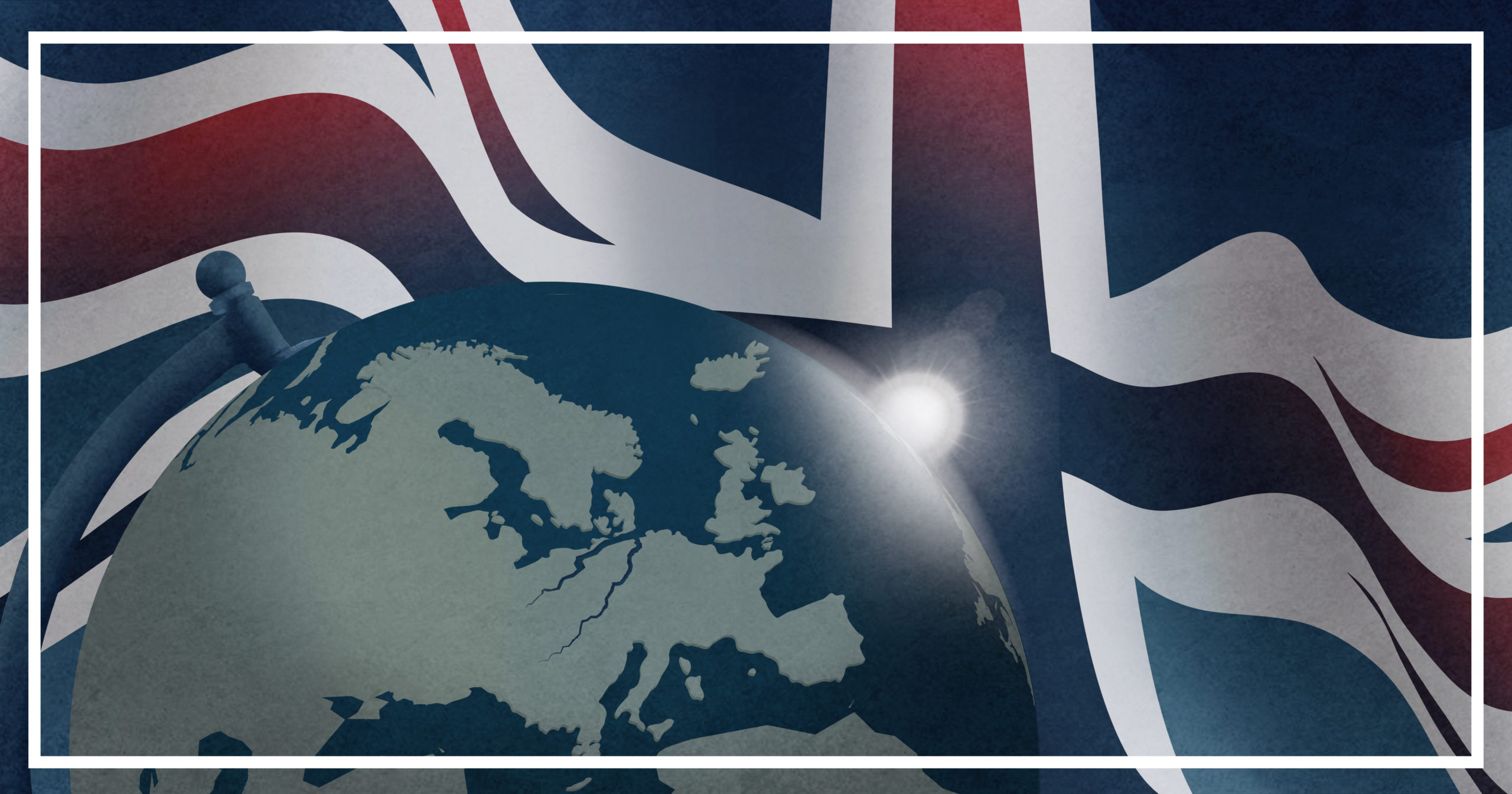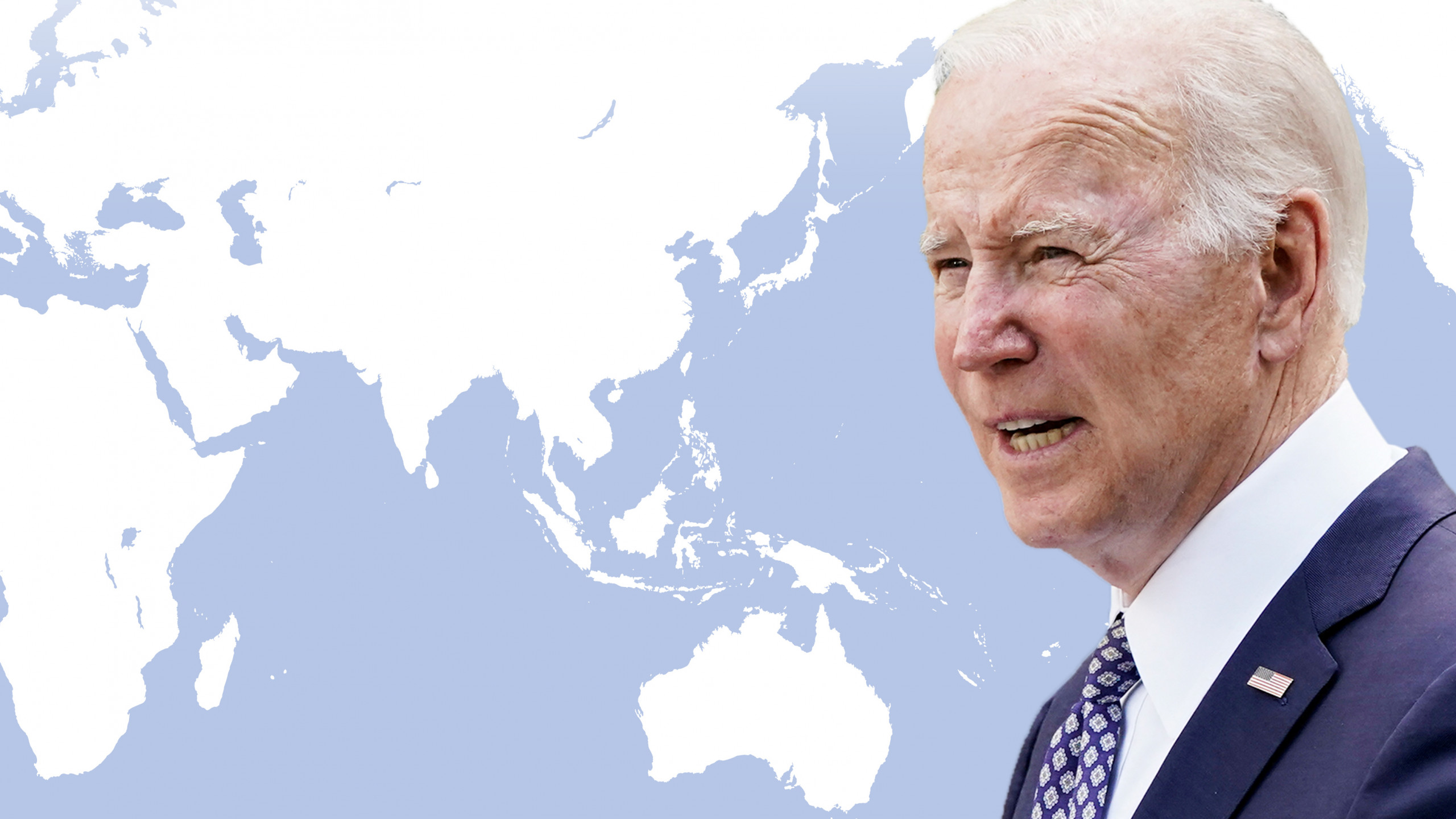The ultimate British ambition is to return to a relevant role in the international context. Consolidating a relationship with ASEAN countries is considered a fundamental element in this strategy.
Articolo a cura di Luca Sebastiani
The announcement came during Cop26 in Glasgow. The UK will provide GBP 110 million in funding for sustainable infrastructure projects in Southeast Asia. An economic support to the “Catalytic Green Finance Facility” of ASEAN (the Association of Southeast Asian Nations), managed by the Asian development bank (Adb). Developing countries of the region will therefore take advantage from funds to launch programs related to renewable, clean transport and “green” technologies.
It is a declaration that is mixed in with others of similar impact released in recent hours by British government, such as that of new investments on the African continent, and that is accompanied by similar public statements from other countries and organizations – including the EU. Despite this, it is news worthy of particular attention.
The line dictated by Prime Minister Boris Johnson, particularly after Brexit, is clear: “Reappropriate old friends and embrace new ones”. The Southeast Asian region is one of London’s favorite areas in which to forge economic and diplomatic friendships. The GBP 110 million, in fact, are just the last sign and outlay of money proceeding in this direction. In addition to highlighting the increase of employment and work in the UK resulting from the investment, Liz Truss, British Foreign Secretary, defined ASEAN “an important partner for Global Britain”, expressing the will to deepen mutual ties and bring the relationship into a new era. A further step forward after that, in August 2021, the Southeast Asian association conferred to UK the status of “dialogue partner”, a recognition that had not been granted for more than 25 years. An unequivocal signal that even by ASEAN there is the will of interest for tightest relationships.
The obligatory search for support and commercial agreements around the world, carried out by London after its exit from the EU, has found a particular outlet in the Indo-Pacific area. Not a random choice since today this region is under the spotlight of world attention and is considered the strategic area par excellence. Between 2020 and 2021, ASEAN countries (Indonesia, Thailand, Malaysia, Singapore, Philippines, Vietnam, Myanmar, Cambodia, Laos and Brunei) with which the 10 Downing Street has signed free trade treaties were Singapore and Vietnam, in the wake of similar agreements already in force between the two nations and the EU. However, to strengthen economic relations, the UK has signed bilateral pacts with almost every other state.
On the other hand, these countries are in a phase of impressive economic expansion. Currently, ASEAN ranks sixth among the world’s largest economies, but the forecast is that by 2030 it could be the world’s fourth largest market, behind the US, China and the EU (not necessarily in that order). These figures alone explain the reason for the special British attention. At this time, the value of trade in goods and services between the two parties is important. In 2020, British exports to ASEAN countries were USD 21.5 billion and imports were USD 24 billion, for a total of about USD 46 billion. A declining figure due to the Covid-19 pandemic, as it in 2019 reached USD 52 billion. In the same year, investment from the UK, and directed into the regional bloc, reached USD 36.5 billion.
However, if Global Britain branches out on the one hand with commercial agreements, on the other one diplomatic, strategic and military factors emerge in a plastic way. In November 2019, London established its mission to ASEAN and appointed an ambassador specifically for the area. Last March, more recently, British government released the “Integrated Review of Security, Defence, Development and Foreign Policy” with the emblematic title “Global Britain in a Competitive Age”. In the document is highlighted the interest in the Indo-Pacific and ASEAN countries. Among the goals set by the UK there is one about supporting the central role of Southeast Asian countries in regional stability and prosperity.
Lastly, the military character. In recent months, the Carrier Strike Group – led by the British aircraft carrier HMS Queen Elizabeth – has traversed and is traversing the hottest waters of the globe, crossing those famous bottlenecks fundamental to trade and control of seas. The most significant stops of his journey were made in ports and bases of the Indo-Pacific area and in some Southeast Asian countries. During the deployment, the group conducted exercises with various allied armies, but most importantly, it was tasked with demonstrating the UK’s strength – or at least its willingness – to be a valuable containment tool in an anti-Chinese key useful to the US in the future.
The ultimate British ambition is to return to a relevant role in the international context. Consolidating the relationship with ASEAN countries is considered a fundamental element in this strategy.






